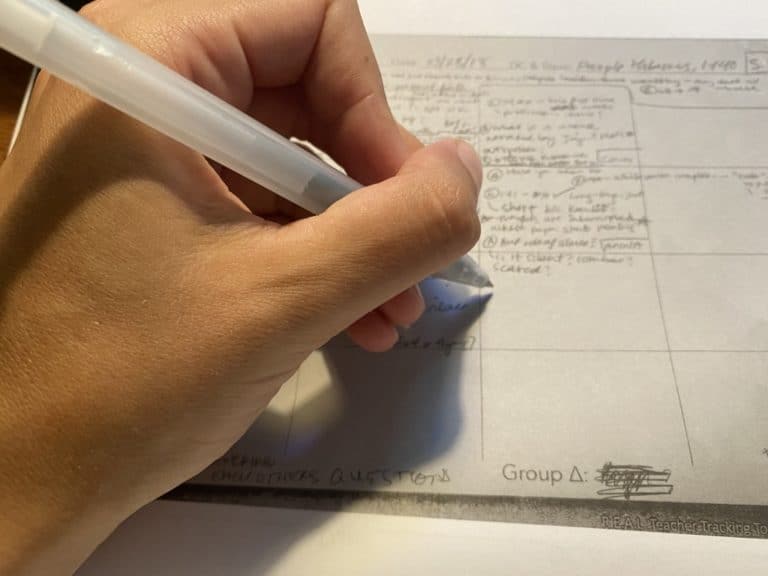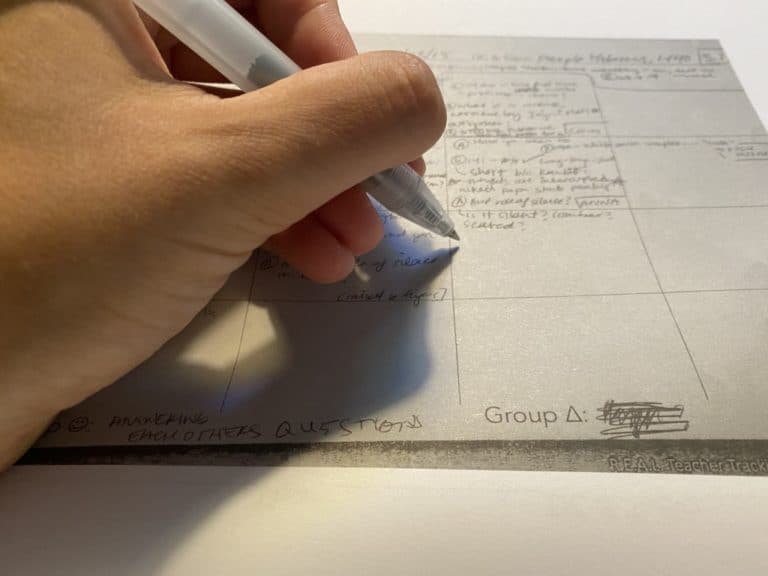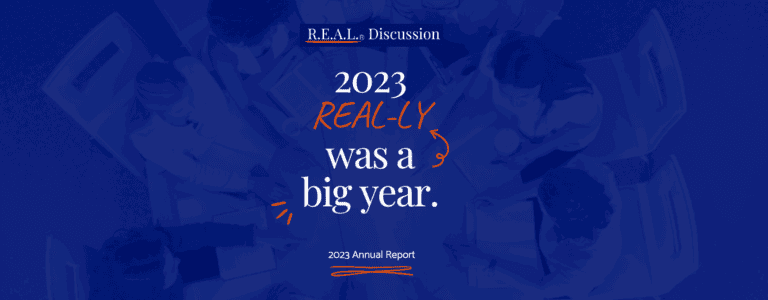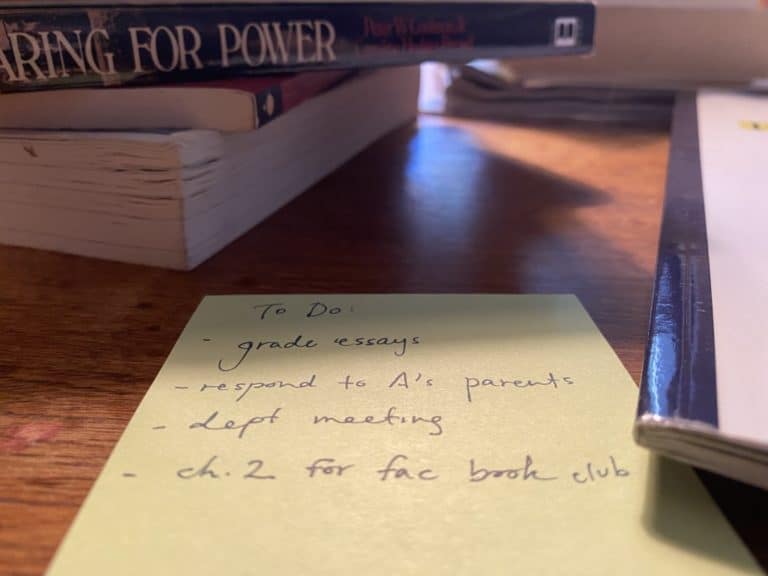The New “Social Skills”
Beyond the Syllabus posts offer a round-up of resources that are “practice-adjacent,” as Katherine often says. We offer recs for podcasts, fiction and non, and TED talks that offer delightful – if surprising – ways to rethink or enrich discussion practice.
This week’s Beyond the Syllabus considers three sources intended to illuminate and expand the social (media) skills that factor in our students’ presents and futures.
The Interview Into the Gloss, “Peyton Dix, Social Media Strategist.” While the “Top Shelf” series is, primarily, a beauty interview, Peyton Dix’s personal story of her own arrival in Social Media work can bring a reader into the topic with a sense for how chance-but-not-arbitrary the roots of her work can be. Dix’s description of herself as a person who could get the quietest kid in class to talk says it all: a teacher reading the interview can immediately situate her in his classroom. The interview reveals that Dix is a storyteller and a connector, but she admits that she “[loves] being online, but not that much.” Dix also talks about the toll of the work of social media, especially on her mental health; the same toll that it can take on adolescents carries over to the adult experience. After reading Dix’s interview, we were both more aware of the job diversity available to students with recognizable skills and more conscious of the post-graduation relevance of the mental health and media consumption approaches that many of us teach as momentary or “study skills” right now.
The Exposé Rachel Karten, “Let’s Talk About Working in Social Media” Karten, formerly of Bon Appetit magazine, has gained notable traction as a writer studying Social Media workers – people who, both independently and under the umbrella of a company, work to build communities and connections between brands and consumers using social media tools. This article’s concise introduction to the problems of the field (including the lack of role models and roles in general, the jack-of-all-trades job description, and the lackluster pay available within it) can give educators a realistic picture of what the present and future of social media work do and might look like. Specifically, Karten describes the way in which social media workers are uniquely resilient – “speaking,” “directing,” “creating,” “figuring out,” “connecting,” and “responding quickly” to the world around them. Not only does she help us see that our students’ social dreams might be of more value than we see them to be, but she can also help teachers think more deeply about the skills and disciplines their students need to thrive in the roles they may soon occupy.
The Review Hulu’s “The D’Amelio Show.” We’ll leave it to you to decide if you should watch Hulu’s new docuseries on the D’Amelio family (Charli, Dixie, Heidi, and Marc), but if you’re looking for someone to do it for you, this review by The Decider does a good job introducing the show. As a show that revolves around the lives of teen social media phenoms, “The D’Amelio Show” does a nice job showing the “normalcy” of both Charli and Dixie; their storylines and emotions are immediately recognizable to teachers who work with teenagers all day. The judgments of the reviewer, then, start to seem a little bit offhanded – “fragile” is one adjective that, after reading Karten and Dix before, brings us to pause. We encourage you to read the review and then maybe, if you’re enticed, try out an episode of the show a little bit yourself to consider what some current students’ “dream jobs” look like. How can anyone determine when and where “success” might hit? Once a teenager is there, how can we foster resilience within (rather than, as this review seems to suggest, in spite of) the trials of that work?





